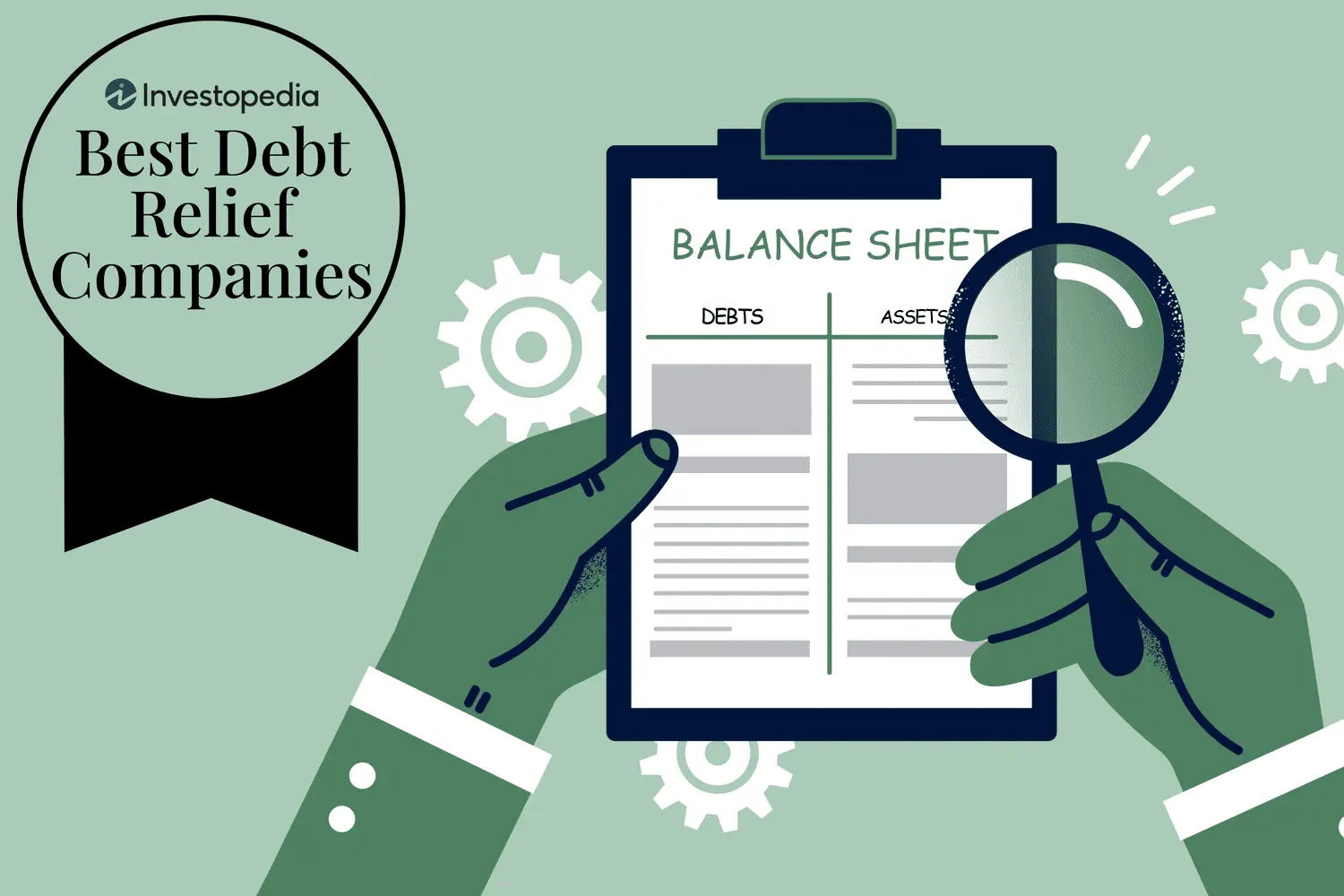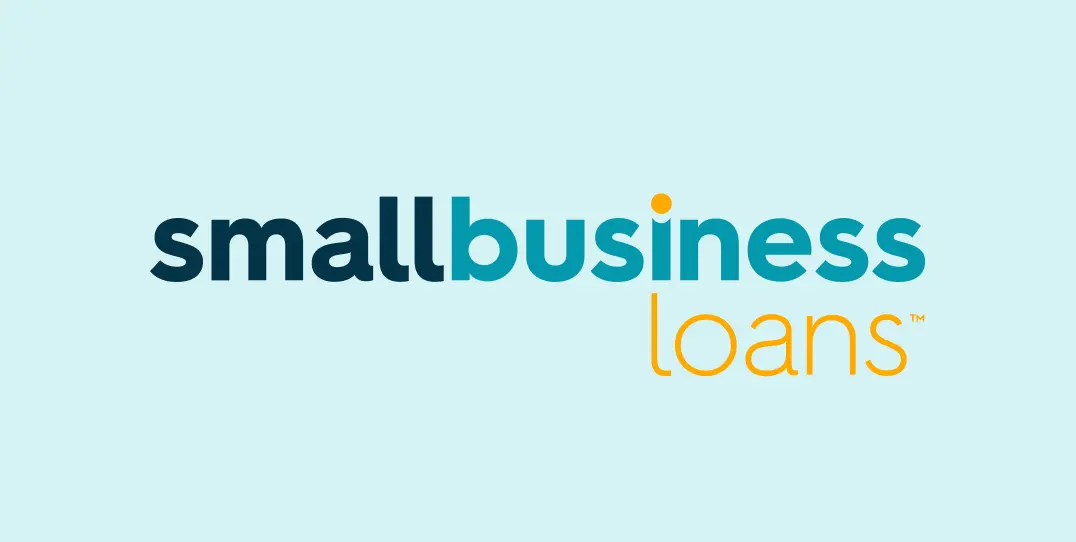
Understanding Debt Consolidation Loans
Debt Consolidation Loans involve taking out a new loan to pay off multiple existing debts. This loan typically has a lower interest rate, making it easier to manage payments. Here's a breakdown of how it works:
- Loan Type: Personal loans, home equity loans, or balance transfer credit cards.
- Eligibility: Good credit scores usually qualify for better interest rates.
- Repayment: Fixed monthly payments over a set period.
Advantages of Debt Consolidation Loans
- Lower Interest Rates: Potential to reduce overall interest costs.
- Simplified Payments: One monthly payment instead of multiple.
- Credit Score Impact: Can improve credit scores if managed responsibly.
Disadvantages of Debt Consolidation Loans
- Qualification Requirements: May require a good credit score.
- Fees: Origination fees or balance transfer fees might apply.
- Risk of Increased Debt: Temptation to accumulate new debt if not disciplined.
Understanding Debt Consolidation Programs
Debt Consolidation Programs are typically offered by credit counseling agencies. These programs involve negotiating with creditors to lower interest rates and create a manageable repayment plan.
- Program Type: Debt management plans (DMPs).
- Eligibility: Available for those with multiple unsecured debts.
- Repayment: One monthly payment to the counseling agency, which distributes the funds to creditors.
Advantages of Debt Consolidation Programs
- Lower Monthly Payments: Negotiated reduced interest rates and waived fees.
- Credit Counseling Support: Financial education and budgeting assistance.
- No New Loans: Not borrowing additional money.
Disadvantages of Debt Consolidation Programs
- Impact on Credit Score: May have a temporary negative impact on credit scores.
- Fees: Monthly fees to the credit counseling agency.
- Commitment: Typically requires a multi-year commitment to the repayment plan.
Comparison Chart: Debt Consolidation Loans vs. Debt Consolidation Programs
| Feature | Debt Consolidation Loans | Debt Consolidation Programs |
|---|---|---|
| Type | New loan | Debt management plan |
| Eligibility | Good credit score required | Multiple unsecured debts |
| Interest Rates | Lower rates for good credit | Negotiated with creditors |
| Repayment Term | Fixed term | Varies, often 3-5 years |
| Fees | Origination/balance transfer | Monthly fees to agency |
| Credit Score Impact | Can improve if managed well | Temporary negative impact |
| Credit Counseling | Not included | Included |
| Additional Borrowing | Yes | No |
| Support | Minimal | Comprehensive |
Choosing the Right Option for You
When deciding between a Debt Consolidation Loan and a Debt Consolidation Program, consider the following:
- Your Credit Score: A higher credit score can secure better loan rates, making a debt consolidation loan more attractive.
- Your Financial Discipline: If you struggle with managing debt, a debt consolidation program with credit counseling may be more beneficial.
- Your Debt Type: Loans can cover both secured and unsecured debts, while programs typically focus on unsecured debts.
- Long-term Goals: Consider how each option aligns with your financial goals and the potential impact on your credit score.
Conclusion
Both Debt Consolidation Loans and Debt Consolidation Programs offer paths to simplify and manage your debt. By understanding the key differences and evaluating your financial situation, you can choose the option that best suits your needs. Remember, the ultimate goal is to become debt-free and build a stable financial future.
For personalized advice, consider consulting with a financial advisor or a certified credit counselor to explore your options further.






